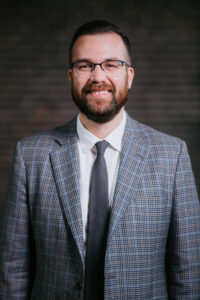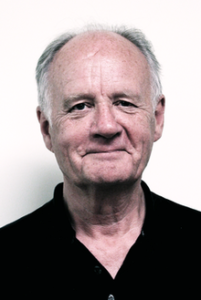
What good is philosophy for theology? New podcast episode with Paul Helm
Are philosophy and theology  antithetical or compatible? What is the proper relationship between faith and reason? How do the tools of philosophy equip theologians to articulate and defend the Christian faith? Is Thomas Aquinas’ Summa Theologiae a good example of how theology should interact with philosophy? How is John Calvin a model to theologians and philosophers alike?
antithetical or compatible? What is the proper relationship between faith and reason? How do the tools of philosophy equip theologians to articulate and defend the Christian faith? Is Thomas Aquinas’ Summa Theologiae a good example of how theology should interact with philosophy? How is John Calvin a model to theologians and philosophers alike?
In this episode of the Credo podcast, Matthew Barrett is joined by Paul Helm to discuss why he is committed to approaching philosophical theology from an Augustinian and Reformed vantage point. Reflecting on his career, Paul Helm shares his wisdom as to how younger thinkers can improve the state of philosophical theology for future generations.
Paul Helm is Emeritus Professor of the History and Philosophy of Religion, King’s College, London, and the author of several books including The Providence of God and Eternal God: A Study of God without Time.
Listen to the podcast today and view previous episodes of the Credo podcast as well.
Photo by Maria Eklind


